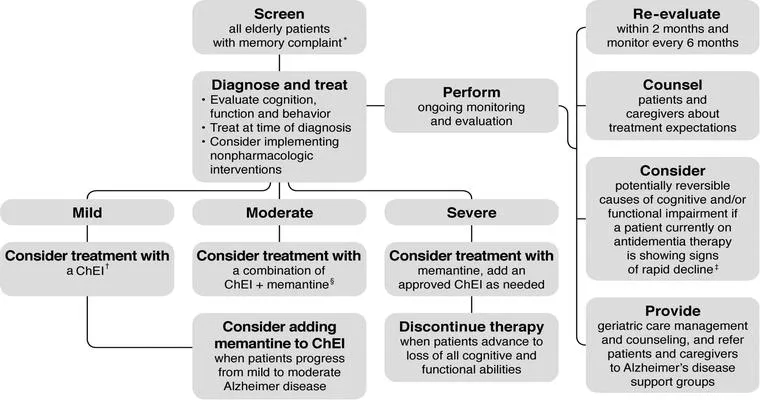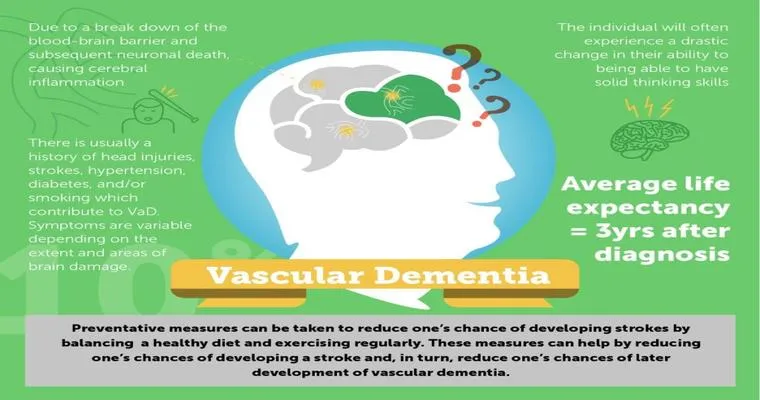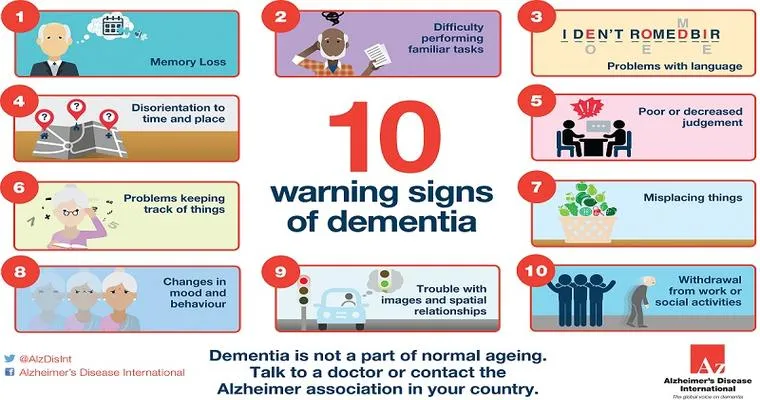Dementia-related "hallucinations" can be a challenging symptom for both patients and caregivers. As the disease progresses, individuals may experience visual or auditory "hallucinations" that can lead to confusion, distress, and anxiety. Understanding how to effectively "manage hallucinations" is crucial for maintaining the quality of life for those affected by dementia. Here are five effective strategies to help manage these difficult experiences.
1. Create a Calm Environment
A peaceful and familiar environment can significantly reduce the occurrence of "hallucinations". Ensure that the living space is well-lit and free from clutter, which can sometimes trigger confusion. Soft music or calming sounds can also create a soothing atmosphere. By fostering a comfortable environment, caregivers can help individuals feel more secure and less likely to experience distressing "hallucinations".
2. Offer Reassurance and Support
When a person with dementia experiences "hallucinations", it is important to approach them with empathy and reassurance. Validate their feelings and let them know that you are there to support them. Instead of arguing or insisting that what they are seeing or hearing is not real, try to redirect their attention to a different topic or activity. This approach can help alleviate anxiety and provide comfort.
3. Engage in Meaningful Activities
Keeping the mind engaged can serve as a distraction from "hallucinations". Encourage participation in enjoyable and meaningful activities such as arts and crafts, gardening, or listening to music. Regular social interaction can also help reduce feelings of isolation and anxiety, making it less likely for "hallucinations" to occur.
4. Monitor Medications
Sometimes, medications can exacerbate or trigger hallucinations in individuals with dementia. Regularly reviewing medications with a healthcare provider can help identify any potential side effects or interactions that may contribute to these symptoms. Adjusting dosages or switching to alternative medications may provide relief and help manage "hallucinations" more effectively.
5. Seek Professional Guidance
If "hallucinations" become frequent or particularly distressing, it may be necessary to seek professional guidance. Consulting with a healthcare professional who specializes in dementia care can provide valuable insights and strategies tailored to the individual's needs. They may recommend therapies or medications that specifically address "hallucinations" and improve overall well-being.
In conclusion, managing dementia-related "hallucinations" requires a combination of environmental adjustments, emotional support, engaging activities, careful medication management, and professional guidance. By implementing these strategies, caregivers can help mitigate the impact of "hallucinations" and enhance the quality of life for individuals living with dementia.





